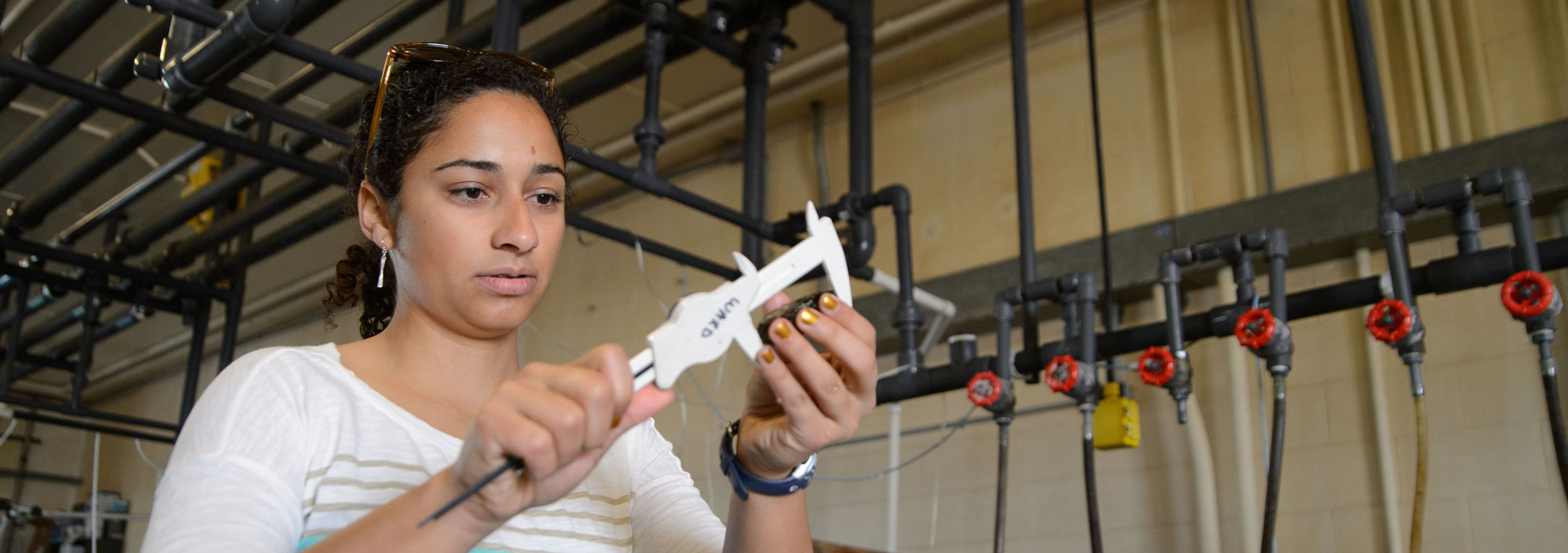Apply for Graduate School!

Applying for graduate school is a process you can never begin too soon. It's a daunting task that can take months of preparation. You cannot afford to delay. You may want to start thinking about this at the beginning of your senior year. Every step takes time and before you know it, a month passes by and your deadline is that much closer. Here are some helpful guidelines to give you an idea of the process that lay ahead of you.
![]()
Tips for Applying to Graduate School:
- Find out what the application requirements are for the program you are applying for and begin gathering all necessary components. Pay special attention to the application deadline so that you can make sure to have all of your materials prepared and sent on time.
- Almost all graduate programs require some type of test whether it is the GRE, LSAT, MCAT, GMAT, etc. Find out if you need to take the general test alone or with a subject-specific test as well. Be aware of the program's minimum entrance score requirements, and allow yourself plenty of time between taking the test and the application deadline in the event that you need to retake the test to raise your score. Get informed on the schedules required tests are given, get some test prep materials, and start studying! You might be surprised at how much of your high school mathematics you've forgotten. If you have already taken the necessary test(s), make sure your scores have been sent to the graduate program to which you are applying.
- Obtain the program application itself and fill it out completely. This task may seem rather straightforward, but you do not want to procrastinate on starting this important part of the application process. Be aware that there may be different applications for the graduate college as well as the individual program.
- Write a personal statement or admissions essay, as called for by the program requirements. The program you're applying for should give specific parameters for what to include in the personal statement, so make sure to include all requested components. PROOFREAD, PROOFREAD, PROOFREAD!!!! If possible, have a professor or a mentor read your personal statement and suggest any improvements. The more people who read it, the better! You want to make the best impression possible on the admissions committee, and the personal statement is a great way to do it.
- Ask for letters of recommendation from former professors or employers. Graduate programs usually call for two or three letters of recommendation. Find out whether there is a standard form for letters of recommendation used by the program or whether your references will need to write their own letters. Give your references plenty of notice for writing and sending the letter. It may be helpful to let them know when you need their response. If they are unable to write it within that time frame it gives you time to find another reference.
- Prepare a Curriculum Vitae (CV) if the program application calls for one. If you already have one prepared, make sure you update it to include any recent additions.
- Request official transcripts from the colleges or universities you have attended to be sent to the graduate school. Allow plenty of time for the transcripts to arrive before the application deadline.
- Compile all of the application materials and get them ready to send in a large envelope. Mail your materials early so they arrive at the school by the deadline date.
